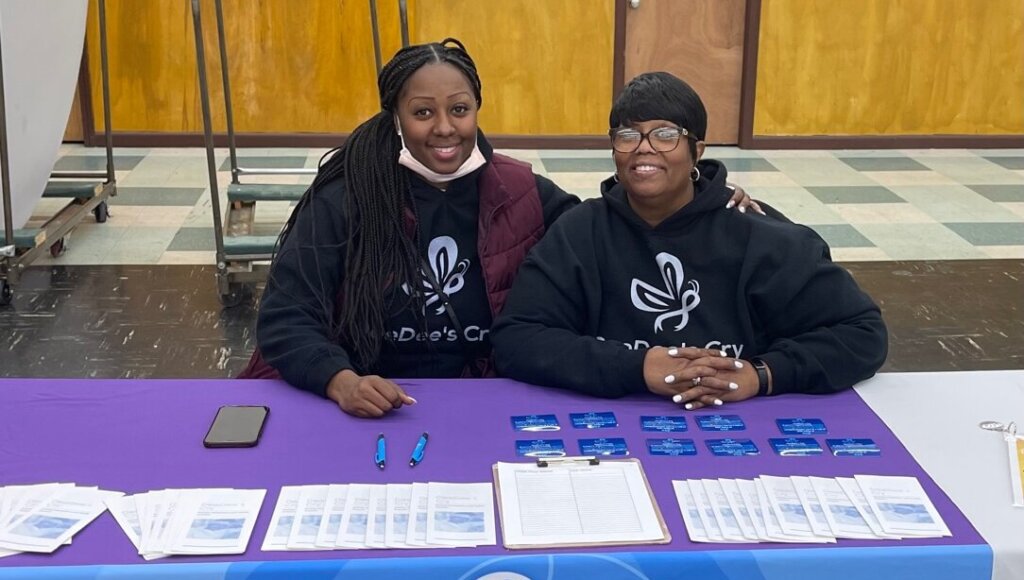Offering Support to Families Immediately After a Suicide Loss
Losing a loved one to suicide is a profound, heartbreaking experience. Loss survivors are at a higher risk for suicide themselves, yet they often do not reach out for help until years after their loss. Local Outreach to Suicide Survivors (LOSS) Teams are a collaboration between first responders and trained suicide loss survivor volunteers to provide compassionate listening and timely resources to families following a suicide.
Samaritans is aiding local community efforts in Boston and in towns outside of Boston to support LOSS Teams in Massachusetts. With this effort, we are ensuring that families who experience the pain of a suicide loss have access to grief support and mental health crisis services.
LOSS Teams in Greater Boston & Massachusetts
The LOSS Team Model
The LOSS team model was developed in 1997 by Dr. Frank Campbell to eliminate barriers people might face in obtaining resources after a suicide. Dr. Campbell’s research found that reaching survivors of suicide loss immediately after their loss shortened the amount of time they took to reach out for help from about 4.5 years to about 6 weeks.
Samaritans has partnered with police departments in six towns surrounding Boston – Brookline, Canton, Norwood, Sharon, Westwood, and Walpole – to launch the Samaritans LOSS Team.
We are currently seeking loss survivors and community members to join our Samaritans LOSS Team.
Become a LOSS Team Volunteer
Loss Survivors
If you have been affected by suicide, you may be interested in using your grief journey to help others. Talking about such a tremendous loss can be overwhelming. For many people, having the ability to speak with another loss survivor who understands and has experienced the nuances in this situation is a great comfort. You can be that comfort for a family who has recently lost a loved one. Anyone who has lost someone to suicide is welcome to apply to join for our LOSS Team serving the Greater Boston Area.
Community Members
We are seeking people experienced in crisis services – first responders, nurses, EMTs, therapists, social workers, etc. – to join our Massachusetts LOSS Team. Apply to join our LOSS Team as a community member if you are committed to helping those who have experienced a suicide loss.
What Should LOSS Team Members Expect?
Volunteers for our LOSS Team go through a rigorous training program to learn how to support those grieving a suicide loss.
Once training is complete, team members will begin providing support following suicides in Brookline, Canton, Norwood, Sharon, Westwood, and Walpole. A loss survivor and trained clinician team would be on-call and available to respond to a suicide loss as needed. When called upon by the local police department and with family consent, the two-person team would either travel directly to the suicide scene or meet with the family later to provide resources and referrals.
Boston LOSS Team
DeeDee’s Cry
Samaritans is an advisory partner to DeeDee’s Cry, a local prevention organization that is leading the development of a LOSS Team for families in Roxbury, Dorchester, and Mattapan with funding from the Boston Public Health Commission.
DeeDee’s Cry is currently recruiting volunteers who are suicide loss survivors to be trained in the LOSS Team model. Reach out to DeeDee’s Cry to join the Boston LOSS Team.
LOSS Team Inquiry Form
Please complete the form below to indicate your interest in applying to be a loss survivor volunteer or community volunteer for our LOSS Team. Our Grief Support Services team will follow up with more information. To learn more about our other services, visit the Suicide Grief Support Services page on our website.

